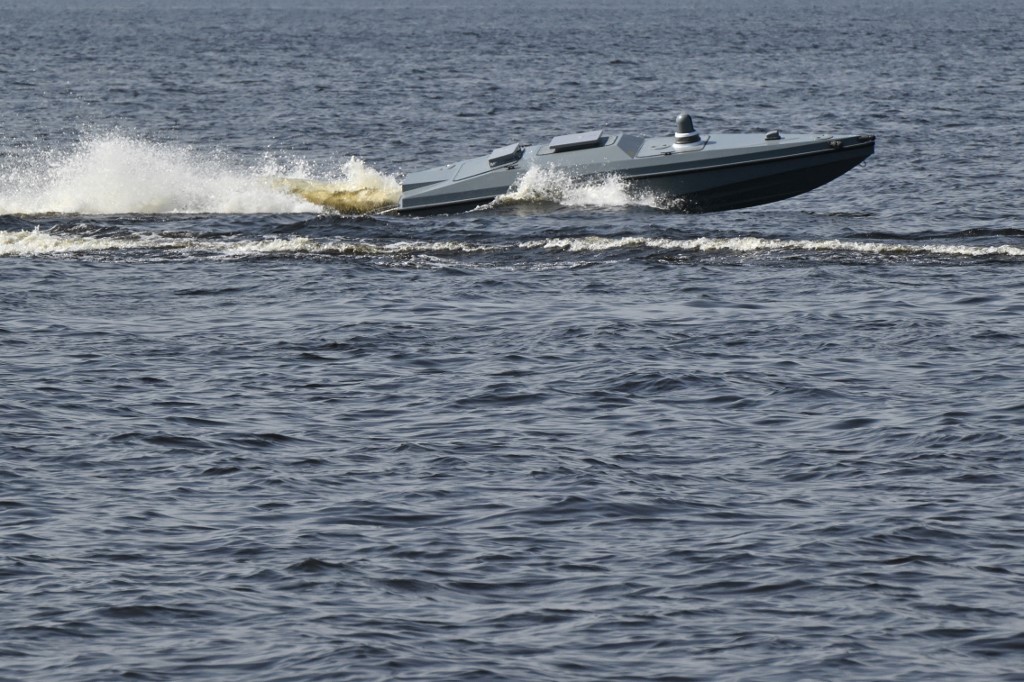According to recent statements from President Zelensky and his military intelligence chief, North Korea is preparing to deploy more than 10,000 troops to serve alongside the Russian military in Eastern Ukraine. This claim follows earlier reports citing an unnamed Western source that this contingent had already arrived in Russia and that 18 North Korean personnel had allegedly deserted before being deployed to Ukraine.
This development comes after months of North Korea providing direct material support to the Russian war effort, with current estimates suggesting that over one million shells have been delivered since August 2023.
JOIN US ON TELEGRAM
Follow our coverage of the war on the @Kyivpost_official.
The presence of North Korean soldiers in Ukraine should be a wake-up call to the administration. While Washington struggles to consistently provide already purchased and manufactured war material to Ukraine, the United States’ enemies have mobilized their industrial capacity to support Russia’s invasion.
Pyongyang feeds Moscow a stream of artillery shells compatible with Soviet-designed artillery, Tehran builds Shahed loitering munitions in Russia using trafficked international students, and Beijing expands its joint weapons program while Washington dithers.
Even our allies have sensed a slack in the pace of our support and have stepped up security assistance: Australia is set to deliver 49 Abrams tanks to Ukraine, an amount considerably larger than the 31 delivered by the United States last year yet still not enough for Ukraine to conduct NATO-standard combined arms operations.

Partisans Report Panic in Crimea as Protests Grow and Info Leaks Impact Russian Forces
Let’s be clear: this development is downstream of the administration’s failed policy of de-escalation with Russia. After an initial period of unambiguous support for Kyiv, the United States has repeatedly compromised Ukrainian military effectiveness through a combination of domestic political dysfunction and the pursuit of “de-escalation”.
The United States’ failure to sustain meaningful material support and reluctance to commit itself to Ukrainian victory has encouraged our enemies to supply Russia’s warmachine with material support and potentially manpower. Washington has provided its ally a fraction of the equipment needed to win the war and has included arbitrary limits on how weapons can be used, all in the name of trying to “manage” Moscow’s war of elimination.
Does anyone in Pyongyang or Tehran consider “how will the Americans respond” before committing more resources to Russia’s war effort? Did FDR tell Churchill how lend-lease weapons could be used when the United Kingdom was fighting the Nazis? Does anyone in Washington want to win this war?
I fully believe that the United States can commit itself to Ukrainian victory without something as drastic as a direct troop deployment. As I have argued in my recent Foreign Affairs piece, one of the easiest ways to improve Ukraine’s capabilities is to lift the restrictions that limit American technicians from working in Ukraine. It makes no sense to have Ukrainians tow their vehicles hundreds of miles away into Poland for repairs when a few dozen technicians can do the work in-country.
Whatever funding has been allocated for Ukraine security aid needs to be activated and used to send equipment immediately. Our dithering and political gridlock has already led to the loss of cities, territories, and lives in Eastern Ukraine. Our hesitancy has presented an opportunity for the axis of autocrats to expand their support for Russia’s war on Ukraine and include new belligerents fighting alongside Moscow’s forces.
All of this flows down-stream from Russia’s perception of weakness among Ukraine’s democratic allies. This is a slide towards a world conflict. The Biden administration needs to abandon its de-escalation mindset and accelerate delivery of material support. Doing so will either give Ukraine the support it needs to weather an incoming Trump administration or provide a strong sense of momentum for the Ukraine policy of an incoming Harris administration.
This article reprinted with the author’s permission from his blog Why It Matters. See the original here.
The views expressed in this opinion article are the author’s and not necessarily those of Kyiv Post.
You can also highlight the text and press Ctrl + Enter






